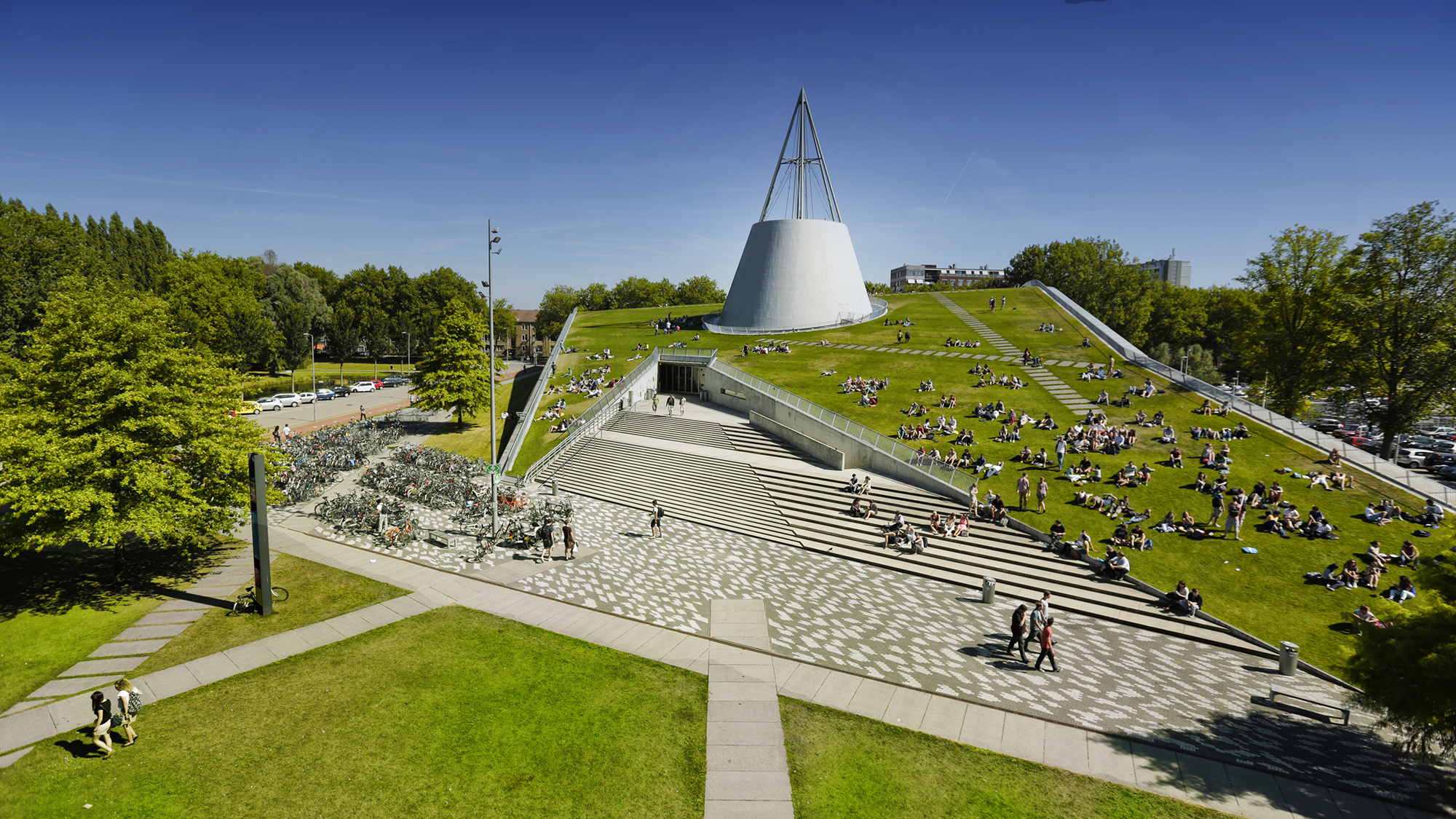TU Delft: Artifical Intelligence for modelling smart materials
TU Delft has launched a new series of eight ‘TU Delft AI Labs’. Within these labs, scientists use artificial intelligence (AI) to accelerate scientific progress and address social issues. Researcher Iuri Rocha (Faculty of Civil Engineering & Geosciences) will lead the SLIMMLab, which focuses on Statistical Learning for Intelligent Material Modelling.
Materials with precise microstructure design have countless useful applications in, for example, construction, transport and the energy transition. If we want to use these high-tech materials, we need to know a lot about their behaviour. Traditionally, extensive experiments are set up to obtain this knowledge. However, this approach is not only very expensive, but also bad for the environment.
To fully exploit the potential of such materials, we need efficient virtual testing tools. Powerful modelling techniques are already available, but as single simulations can take months of calculation time, they are far too expensive to use for this purpose. AI can provide the solution to this problem.
The SLIMM Lab wants to make the transition to virtual testing possible by combining Bayesian machine learning and multiscale mechanical analysis. By exploring promising research directions with Bayesian inverse modelling and Piecewise Deterministic Markov Processes (PDMP), we will develop Bayesian inference tools specifically for application in material models. Our research will lead to a new generation of smart models for materials and multiscale simulation frameworks with a solid physics foundation, seamlessly incorporating data from both simulations and experiments.

